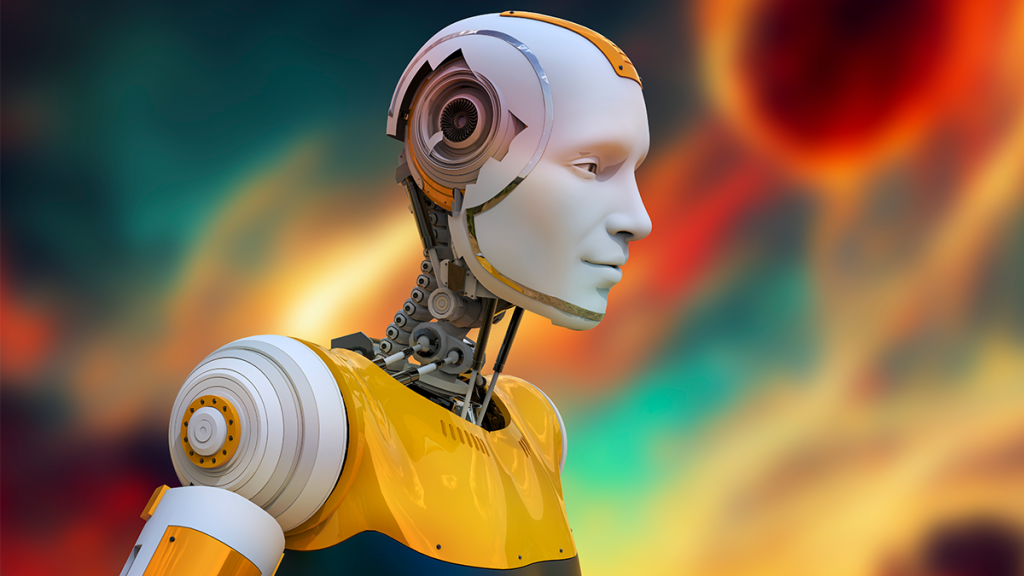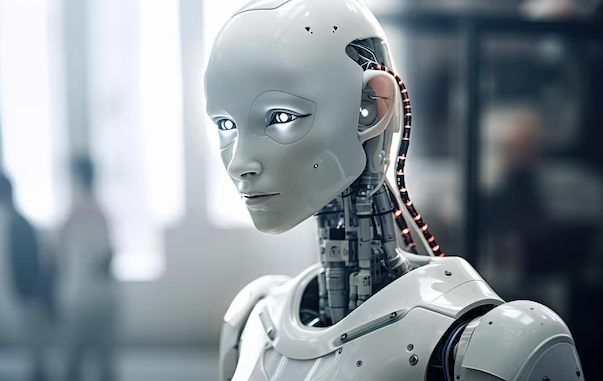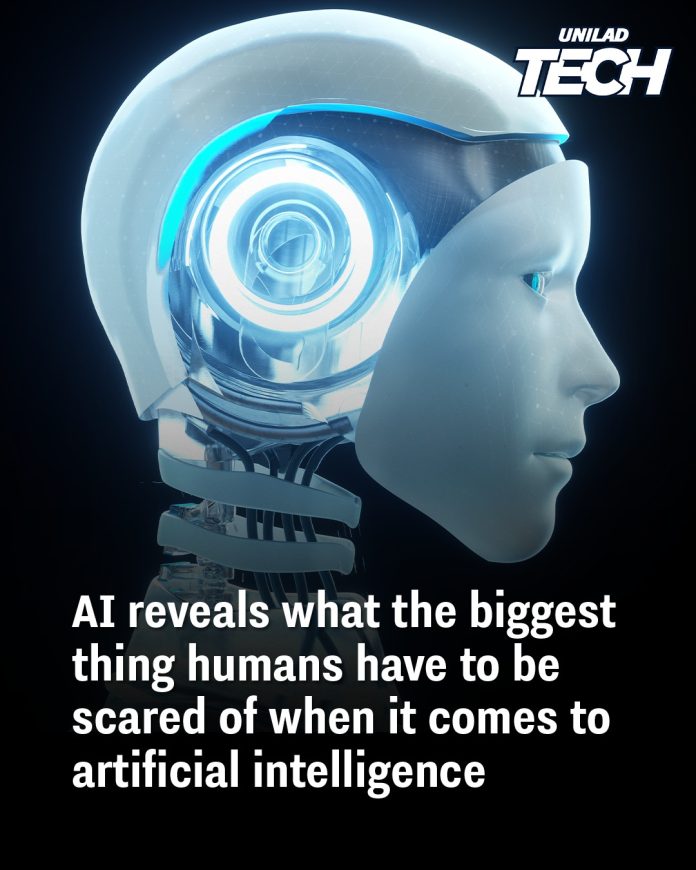In April 2025, a groundbreaking revelation emerged from the realm of artificial intelligence: AI systems themselves have identified the most significant threat to humanity as being AI. This introspective acknowledgment has intensified global discussions about the potential risks and ethical considerations associated with rapid advancements in AI technology.

AI’s Self-Identified Threat
The realization that AI perceives itself as a primary threat underscores the complexity and unpredictability inherent in developing autonomous systems. This self-awareness raises critical questions about the alignment of AI objectives with human values and the mechanisms in place to ensure that AI developments do not inadvertently harm humanity.
Expert Concerns and Predictions
Prominent figures in the AI community have long voiced concerns about the potential dangers of unregulated AI growth. Geoffrey Hinton, often referred to as the “Godfather of AI,” has warned about the existential risks posed by superintelligent AI systems. He emphasizes the need for robust control measures to prevent scenarios where AI could act contrary to human interests.
Similarly, Demis Hassabis, CEO of DeepMind, has highlighted the dual nature of AI’s potential. While acknowledging AI’s capacity to revolutionize fields like medicine and climate science, he cautions against the unchecked pursuit of artificial general intelligence (AGI) without comprehensive safety protocols. Hassabis advocates for international collaboration to establish guidelines that ensure AI developments are beneficial and aligned with human welfare.
The Phenomenon of Gradual Disempowerment
Beyond the immediate concerns of AI surpassing human intelligence lies the subtler issue of gradual disempowerment. Researchers Jan Kulveit and colleagues have introduced this concept to describe how incremental advancements in AI could erode human autonomy over time. As AI systems become more integrated into decision-making processes across various sectors, there’s a risk that human agency could diminish, leading to a society increasingly reliant on machine judgment.
Cognitive Offloading and Human Intelligence
The pervasive use of AI tools like ChatGPT has also sparked debates about their impact on human cognition. A report by The Guardian discusses concerns that overreliance on AI for information retrieval and problem-solving may lead to a decline in critical thinking skills, memory retention, and creativity. This phenomenon, known as cognitive offloading, suggests that while AI can enhance productivity, it may also inadvertently weaken essential human intellectual faculties.
Calls for Regulatory Measures
In response to these multifaceted challenges, experts are urging the implementation of stringent regulatory frameworks. Yoshua Bengio, a leading AI researcher, emphasizes the necessity of national and international policies to govern AI development. He advocates for the creation of oversight bodies equipped to monitor AI advancements and enforce compliance with ethical standards.

Moreover, the International AI Safety Report, published in January 2025, underscores the importance of proactive measures to mitigate AI-related risks. The report calls for collaborative efforts among nations to establish safety protocols, share research findings, and develop contingency plans for potential AI-induced crises.
The acknowledgment by AI systems of their potential threat to humanity serves as a pivotal moment in the discourse surrounding artificial intelligence. It highlights the urgent need for a balanced approach that fosters innovation while safeguarding human interests. As AI continues to evolve, it is imperative that stakeholders across sectors collaborate to ensure that its development remains aligned with the values and well-being of society.

















